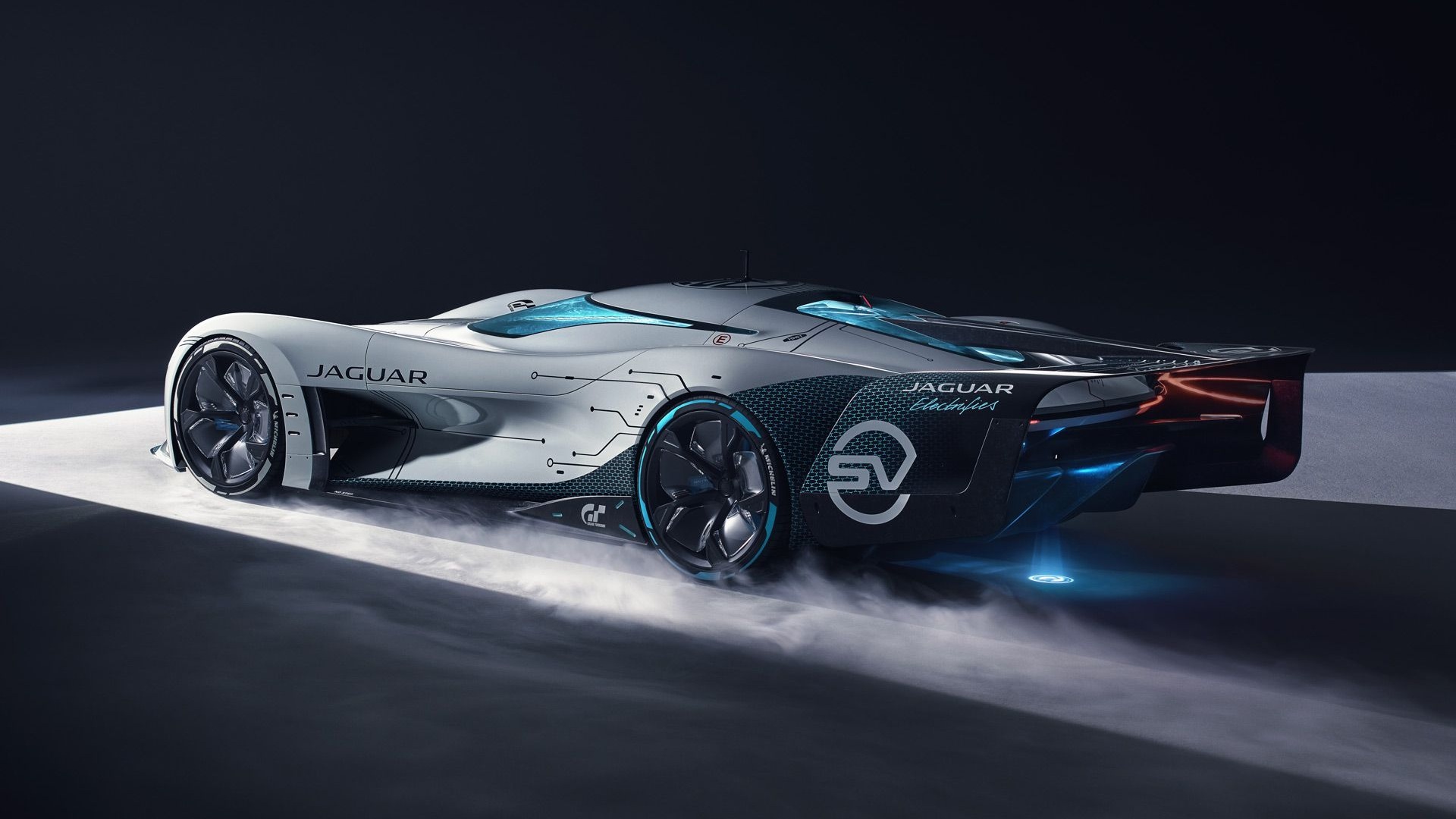Sales of electric vehicles (evs) doubled in 2021 from the previous year to a new record of 6.6 million. Five reasons why a clean energy future is unstoppable. Electric cars are selling fast, but are not without controversy.
Is Energy A Good Career Path For The Future 2023 Creer Pth In ?
Porsche Sports Car Of The Future Pin Van Dyscovery Online Op Coches In 2024
Buick Super Back To The Future Cars Wallpapers 79+ Images
Are EVs the future? Read about costefficiency & scope of Electric Vehicles
Globally, electric cars made up 14 per cent of new sales in 2022, according to the international energy.
We explore what it might take to get to 100% electric vehicle adoption, and the ripple effects the revolution will bring across.
The transition to electric vehicles is already well on its way. General motors says it will make only electric vehicles by 2035, ford says all vehicles sold in europe will be electric by 2030 and vw says 70% of its sales will be electric by 2030. Encouraged to leave internal combustion engines in the rearview mirror, automakers have a long list of evs in the pipeline. Electric cars accounted for around 18% of all cars sold in 2023, up from 14% in 2022 and only 2% 5 years earlier, in 2018.
Back in 2012, just 120 000 electric cars were sold worldwide. In the chart below, you can explore these trends. By 2035, the largest automotive markets will be fully electric—providing both a glimpse of a green future and significant economic opportunity. Justin rowlatt, the bbc's climate editor, explores if the uk is on track to hit the government's targets to.

In the us, electric vehicles sales have climbed by more than 40 percent a year since 2016.
From cars to buses to trucks, electric vehicles are transforming how we move goods and ourselves, cleaning up our air and climate — and your voice can help. Public acceptance of evs—once uncertain—has reached a tipping point and will continue to. As a report from the world economic forum, electric vehicles for smarter cities: Will electric vehicles really create a cleaner planet?
The total number of electric cars, buses, vans and trucks is projected to rise to 145 million, or 7% of road transportation, by the end of the decade under. Electric vehicles (evs) are transforming the mobility sector to an extent not seen since the introduction of the model t ford. Electric car markets are seeing exponential growth as sales exceeded 10 million in 2022. In norway, this share was over 90%, and in china, it was almost 40%.

The power of narrative to shape the future.
Stanford economist tony seba and his team push the vision of an electric vehicle revolution a step further, and predict that the disruption will come earlier, during the 2020s. The future of energy and mobility makes clear, we’re at the start of a mobility revolution. A total of 14% of all new cars sold were electric in 2022, up from around 9% in 2021 and. These trends indicate that growth remains robust as.







